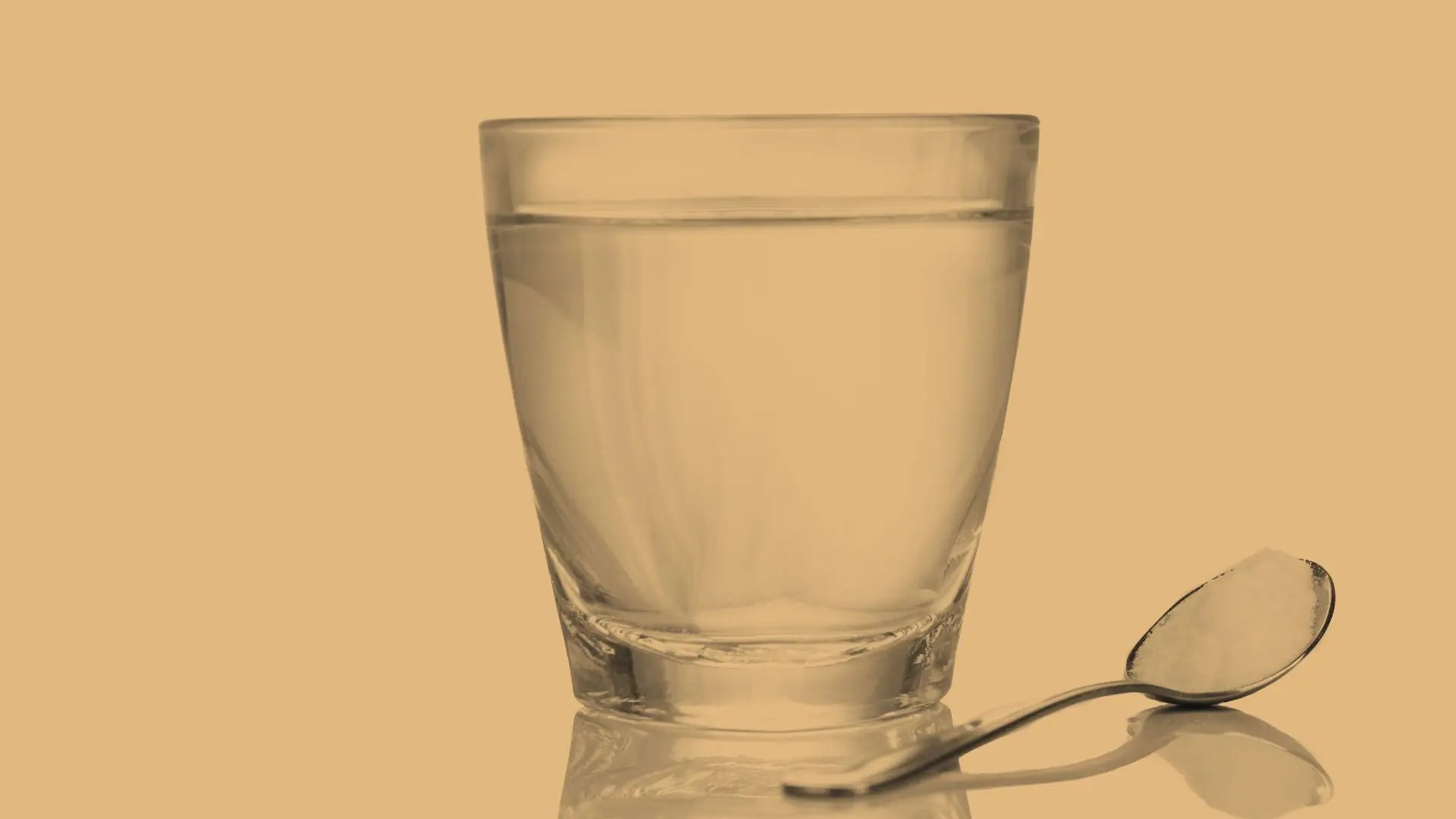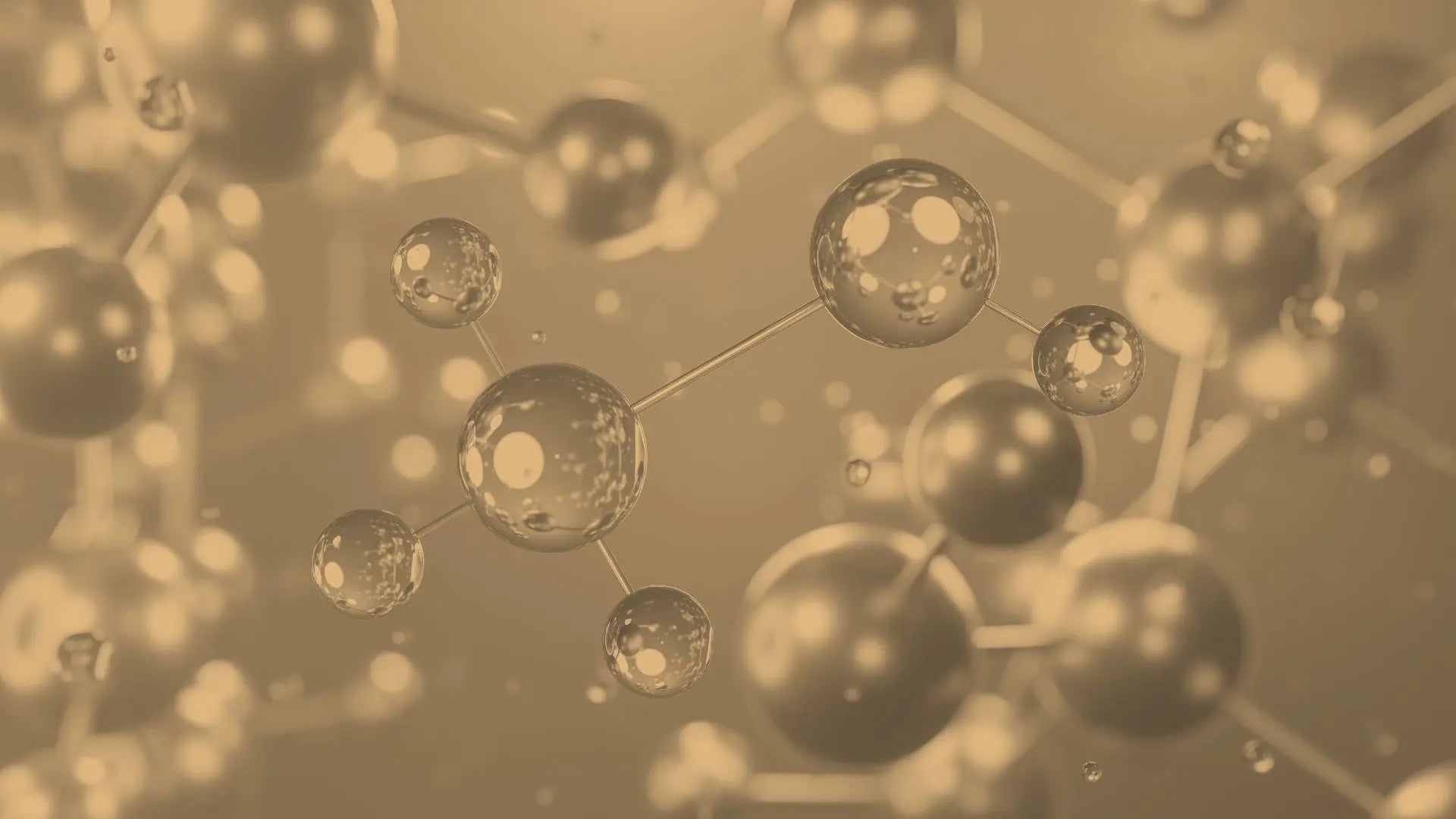
Do Electrolytes Help Prevent Hangovers? The Science Behind Rehydration
You’ve probably heard this hangover advice a hundred times by now: “Drink some electrolytes!” But will that colorful sports drink or fancy hydration packet actually make a difference?
The morning after a big night out, your body isn’t just struggling with the effects of the alcohol itself, but also with the dehydration and mineral loss that come with it. Here’s what the science says about how rehydration affects hangovers, and whether electrolytes deserve their reputation as a hangover prevention measure.
Why Do Hangovers Happen?
Alcohol causes hangovers through a combination of factors:
- Dehydration: Alcohol suppresses vasopressin, increasing urination (and fluid loss).
- GI upset: Alcohol irritates the stomach and increases stomach acid.
- Sleep disruption: Drinking can prevent the body from reaching deep sleep, leading to fatigue the next day.
- Acetaldehyde exposure: This toxic alcohol byproduct contributes to inflammation, nausea, and other symptoms.
- Alcohol withdrawal: As blood alcohol levels drop, some people experience a brief withdrawal-like effect.
- Hypoglycemia: Alcohol can interfere with the liver’s release of stored glucose, lowering blood sugar.
The question is whether electrolytes can help reduce these factors to minimize negative post-drinking symptoms.
The Science of Electrolytes for Hangovers
Electrolytes primarily address one cause of hangovers: dehydration. When you drink alcohol, your body doesn’t just lose extra water. It also loses essential minerals like sodium, potassium, and magnesium, which are important for fluid balance, nerve function, and energy.
If you are dehydrated from drinking alcohol, electrolytes can help alleviate dehydration-related symptoms (headache, fatigue, dizziness, dry mouth, thirst). However, a 2024 review on hangovers and dehydration concluded that “alcohol hangover and dehydration are two co-occurring but independent consequences of alcohol consumption.” In other words, fixing dehydration won’t fully resolve all hangover symptoms.
Similarly, the National Institute on Alcohol Abuse and Alcoholism notes that research has not found a clear correlation between electrolyte disruptions and hangover severity, nor a definitive impact of added electrolytes on hangover severity. Still, hydration matters for overall health, so it’s worth prioritizing.
Support Strategies: Electrolytes and More
Besides drinking in moderation, the best strategy for minimizing unpleasant post-drinking symptoms is to support your body throughout. Here’s how to give your system the nutrients and support it needs:
HYDRATION Before, During, and After Drinking
HYDRATION provides essential electrolytes in an optimal blend (Hydra 4G™: sodium, potassium, magnesium, calcium). It also includes zinc, liposomal Pureway C™, and B vitamins to support immune and energy metabolism needs.
Take PREGAME in Advance
Formulated by Dr. Dan Nguyen, MD, MBA, Capsulyte PREGAME contains the following evidence-based components:
- NAC: May help reduce unpleasant post-drinking feelings.
- DHM: An antioxidant and anti-inflammatory (learn more).
- Siliphos® (milk thistle complex): May help protect against alcohol-related liver stress (learn more).
- Clovinol®: An antioxidant that in one study reduced negative post-drinking feelings by 55% (learn more).
For more science-backed insights on the causes of hangovers and how to deal with them, visit the Capsulyte blog for regular updates.


